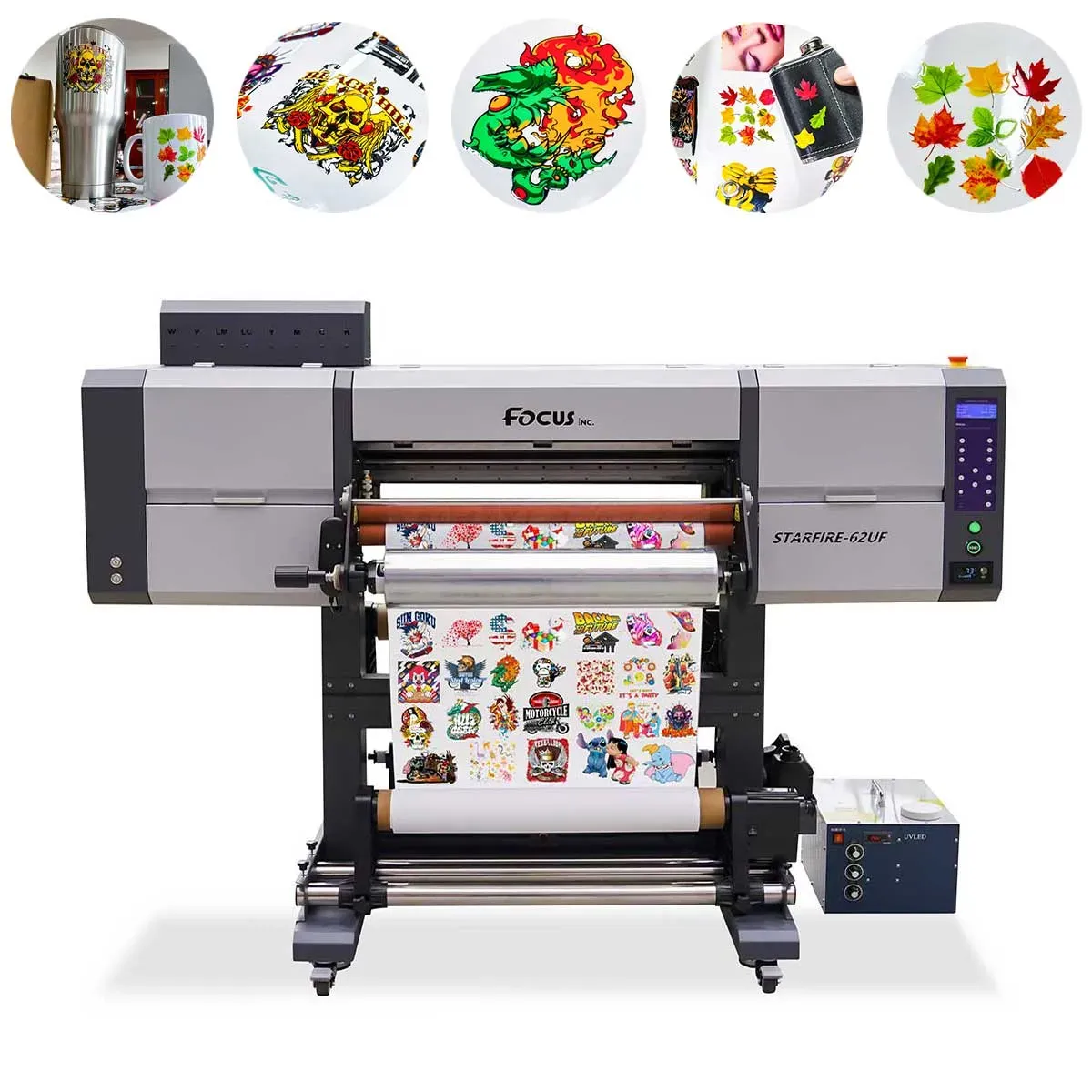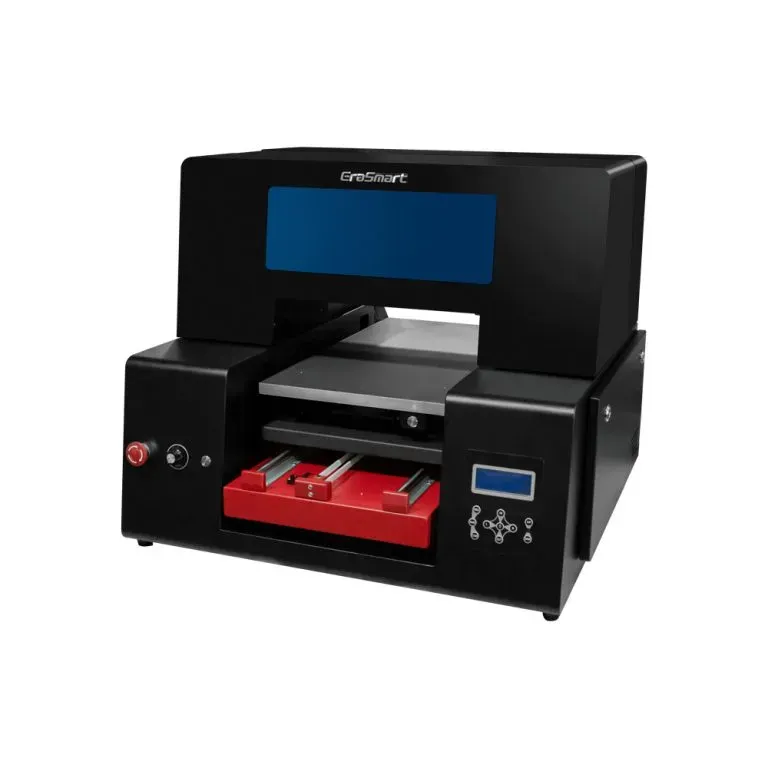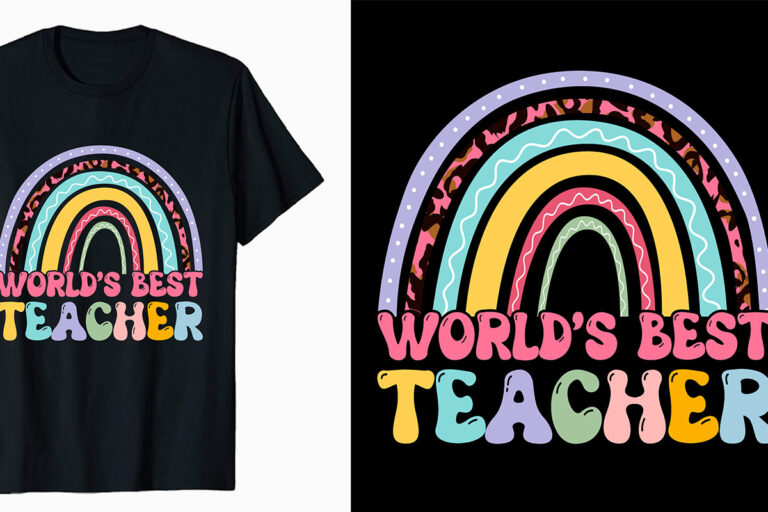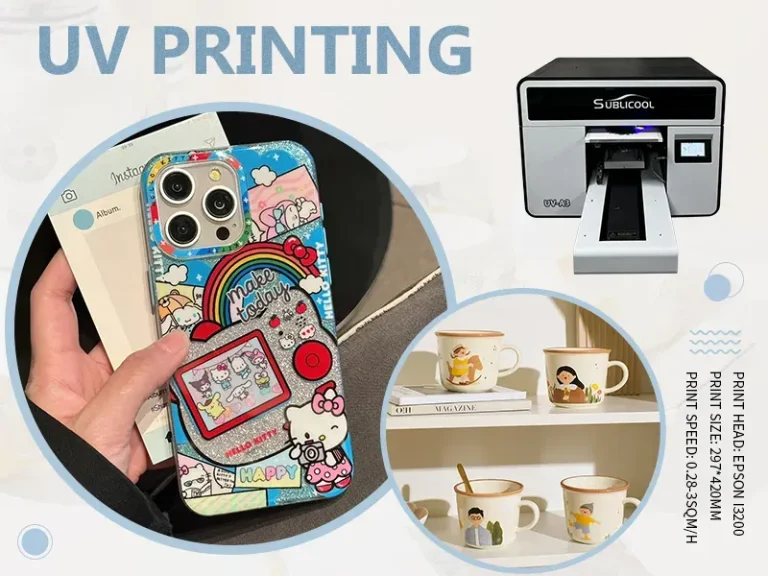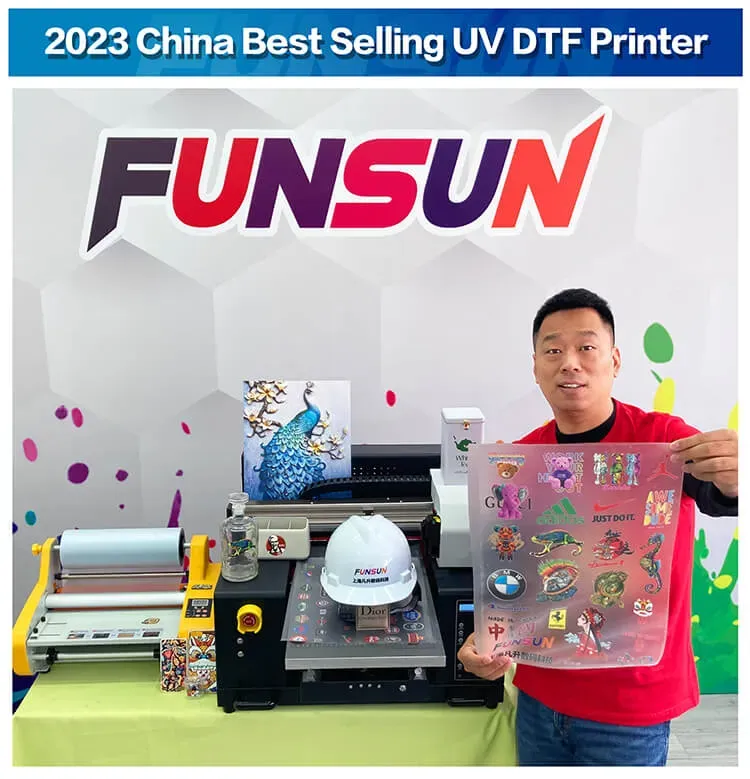UV DTF Printers: Top Reviews and Comparisons in 2025
In the ever-evolving world of printing, UV DTF printers stand out as groundbreaking tools that combine innovation with versatility. This advanced UV printing technology revolutionizes how businesses create high-quality prints, allowing for vibrant designs on various materials including textiles and rigid substrates. Leading brands like Epson UV DTF, Roland UV printers, and Mimaki DTF printers are at the forefront, delivering exceptional print performance that meets the diverse needs of commercial enterprises. As we delve into the best UV DTF printers on the market, we will explore their unique features, benefits, and drawbacks to help you make informed choices for your printing projects. Whether you are a seasoned professional or a newcomer to printing technology, understanding these printers can elevate your creative capabilities and business potential.
When it comes to modern printing solutions, UV Direct-to-Film (DTF) printers have emerged as essential assets for professionals looking to enhance their output quality. These machines leverage cutting-edge UV printing techniques to deliver stunning and durable results across a broad spectrum of materials. Brands like Epson and Roland have made significant contributions to the development of UV DTF technology, offering innovative printers designed for both aesthetics and functionality. In this article, we will analyze the leading models in the UV DTF printer landscape, examining their core features, user experiences, and comparative advantages. By considering various aspects such as versatility, printing speed, and cost-effectiveness, you can find the perfect UV DTF solution tailored to your specific needs.
Exploring the Best UV DTF Printers Available Today
In the rapidly evolving printing technology landscape, choosing the best UV DTF printers can significantly impact the quality and versatility of your projects. With selections like the Epson SureColor F-Series, Roland VersaUV LEF Series, and Mimaki UJF Series, businesses can harness superior UV printing technology to achieve vibrant colors and precise images on various materials. These printers are designed to meet different needs, from textile production to promotional items, making them essential tools in today’s competitive market.
Comparing features of these models, such as output resolution, print speed, and media compatibility is crucial for determining which printer will be the best fit for your business. Each printer has its unique strengths; for instance, the Roland VersaUV excels in printing on 3D objects, while the Mimaki UJF impresses with its high resolution and fast printing speeds, thus catering to different clients’ demands and preferences.
Key Features of UV DTF Printing Technology
UV DTF printing technology stands out for its capability to produce stunning prints with durability and flexibility. Unlike traditional inkjet systems, the UV DTF process employs ultraviolet light to cure the inks instantly, allowing for high-speed production and exceptional adhesion to a variety of surfaces. This technology enables the printing of complex designs with rich colors, which are crucial for attracting customers in any business sector.
Moreover, several printers offer specialized inks that enhance the quality of prints. For example, the Epson UV DTF printers utilize a range of specialized inks that can adapt to various substrates, ensuring that vivid colors and detailed images are achieved across different materials. Businesses can create everything from custom apparel to unique promotional items that stand out in a crowded marketplace.
Benefits of Using Epson UV DTF Printers
Epson UV DTF printers, such as the SureColor F-Series, provide unique advantages that make them a top choice among printing professionals. One of the most significant benefits is their color accuracy; Epson has long been renowned for its precision in color reproduction. Users can expect bright, saturated colors that remain true to the original design, which is crucial when meeting client specifications.
Additionally, these printers are built with ease of use in mind. The user-friendly interface and compatibility with various DTF films make it simpler for operators to adapt to the technology without extensive training. This combination of high-quality output and user-friendliness makes Epson UV DTF printers suitable for both newcomers and experienced professionals in the industry.
Understanding the Role of Roland UV Printers in the Market
Roland UV printers, and specifically the VersaUV LEF Series, play a significant role in the landscape of UV DTF printing. These printers are celebrated for their versatility, as they can print on an extensive range of materials, including rigid surfaces, which set them apart from competitors. This capability is particularly advantageous for businesses looking to expand their service offerings to include custom items like promotional products, signage, and intricate packaging.
The integration of specialty inks—such as white and gloss inks—into the Roland UV printing technology enhances creative possibilities, allowing brands to create prints that capture attention and stand out. The overall efficiency and productivity of Roland printers are essential for meeting high-volume demands without sacrificing quality, making them a dependable choice for businesses aiming for growth.
The Impact of Mimaki DTF Printers on the Industry
Mimaki DTF printers, like the UJF Series, have made a significant impact on the printing industry by offering unmatched quality and flexibility. Their advanced UV LED curing system allows for high-resolution prints on both rigid and flexible materials, catering to diverse applications and market needs. Businesses can explore a wide range of creative opportunities, from intricate signage to promotional giveaways, with the reliability that Mimaki printers are known for.
Another notable feature is the availability of diverse ink options tailored for different applications, which further broadens their usability. While some users may find the software complex, the quality produced by Mimaki printers is often worth the learning curve, especially for those aiming to push the boundaries of what’s possible in printing technology.
Advice for Selecting the Ideal UV DTF Printer for Your Business
When choosing the right UV DTF printer for your business, it is crucial to consider multiple factors, including intended use, material compatibility, and budget constraints. Understanding your specific printing needs will guide you toward selecting a model that aligns with your business goals. For example, if your focus is on apparel, a printer like the Epson SureColor F-Series may be ideal due to its textile applications.
Additionally, conducting thorough research by reviewing user testimonials and seeking comparisons among leading models such as Canon Colorado and HP Latex will provide valuable insights to narrow down your choices. Keep in mind that investing in the best UV DTF printers often pays off through enhanced productivity and better quality results, which ultimately support business growth.
Frequently Asked Questions
What are the best UV DTF printers for small businesses?
For small businesses, the Epson SureColor F-Series and Roland VersaUV LEF Series are among the best UV DTF printers. These models offer excellent print quality and versatility, allowing for custom designs on various materials.
How does UV printing technology differ from traditional printing methods?
UV printing technology uses ultraviolet light to cure or dry the ink as it is printed, which allows for faster production speeds and vibrant colors. In contrast, traditional printing methods often rely on solvent-based inks that take longer to dry.
What features should I look for in an Epson UV DTF printer?
When considering an Epson UV DTF printer, look for features like vibrant color output, high precision, and compatibility with various UV DTF films. The Epson SureColor F-Series is a great example, offering excellent versatility for textile applications.
Are Roland UV printers suitable for industrial applications?
Yes, Roland UV printers, specifically models like the VersaUV LEF Series, are highly suited for industrial applications due to their ability to print on a diverse range of substrates, including rigid materials and 3D objects, enhancing creative output.
What advantages do Mimaki DTF printers offer for promotional items?
Mimaki DTF printers, like the UJF Series, provide exceptional resolution and fast printing speeds, making them ideal for high-quality promotional items. Their advanced UV LED curing technology also supports a variety of media, ensuring versatility in design.
Is the HP Latex 300 Series a good choice for eco-friendly printing?
Yes, the HP Latex 300 Series incorporates environmentally friendly inks, making it a suitable choice for businesses that prioritize sustainability. Its DTF capabilities also allow for printing on a wide range of materials without compromising on quality.
| Printer Model | Features | Pros | Cons | Source |
|---|---|---|---|---|
| Epson SureColor F-Series | Vibrant color output; compatible with various UV DTF films. | Excellent color gamut; reliable print quality. | Higher initial investment; complex setup. | Printwear Magazine (2025) |
| Roland VersaUV LEF Series | Prints on diverse substrates; uses CMYK, white, and clear inks. | High productivity; ability to print on 3D objects. | Pricey for entry-level users; requires maintenance knowledge. | Inked Magazine (2025) |
| Mimaki UJF Series | Exceptional quality on both rigid and flexible media; advanced UV LED curing. | High resolution; fast printing speeds; robust color output. | Complex software navigation. | Signs of the Times (2025) |
| Canon Colorado Series | UVgel technology; eco-friendly solution; durable for outdoor use. | Fast printing speeds; low operational costs. | Limited media flexibility. | Large Format Review (2025) |
| HP Latex 300 Series | Primarily latex printing; compatible DTF capabilities. | Environmentally friendly inks; consistent quality. | High initial costs for small businesses. | Print International (2025) |
Summary
UV DTF printers are revolutionizing the printing industry by offering versatility and high-quality output across various materials. As demonstrated in recent comparisons of leading models, each printer has unique features that cater to different needs, from vibrant color output to robust material compatibility. Whether you’re in the market for a reliable printer for custom apparel or looking to explore signage options, understanding each model’s pros and cons will ensure you select the best UV DTF printer to align with your business goals. Remember to consider your specific application needs, material types, and budget constraints to make an informed decision.

